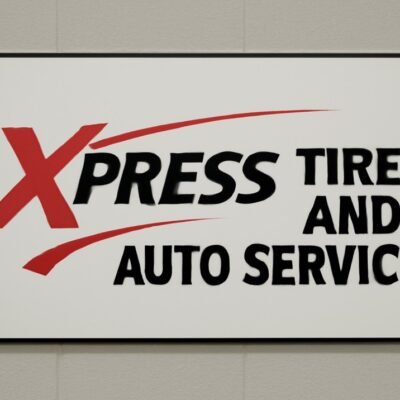Introduction
Wheels do more than keep your car rolling—they affect your vehicle’s handling, fuel economy, braking, and overall appearance. While they may seem simple on the surface, choosing between steel and alloy wheels requires understanding how each option influences performance and cost. Whether you’re driving through snow or aiming for track-day precision, XAutoWheel.com breaks down everything you need to know.
What Are Steel Wheels?
Steel wheels are made from a combination of iron and carbon. They’re pressed and welded into shape, making them strong and relatively inexpensive to produce. You’ll often find them as the standard option on budget-friendly or utilitarian vehicles like trucks, taxis, or winter-ready sedans.
Pros of Steel Wheels:
- Extremely durable and difficult to crack
- Affordable and easy to replace
- Withstands harsh conditions—ideal for snow or rugged terrain
Cons of Steel Wheels:
- Heavy, which can reduce fuel efficiency and acceleration
- Limited design options—usually black or silver in plain finishes
- More prone to rust if not maintained properly
Steel wheels are the dependable workhorse of the wheel world. If performance isn’t your priority and budget or durability is key, they’re a solid choice.
What Are Alloy Wheels?
Alloy wheels are crafted from aluminum, magnesium, or a blend of both. These metals are lighter than steel and allow for more intricate designs. Because of their reduced weight, alloy wheels improve a vehicle’s agility, braking performance, and even fuel economy.
Pros of Alloy Wheels:
- Lightweight for better handling and fuel efficiency
- Improved brake performance due to better heat conduction
- Wide variety of finishes, from gloss black to brushed chrome
- Great for aesthetic upgrades and resale value
Cons of Alloy Wheels:
- Typically more expensive than steel
- More prone to cracking under high stress (e.g., potholes or curbs)
- Difficult and costlier to repair
For enthusiasts, commuters, and anyone who values looks and performance, alloy wheels are the go-to upgrade.
Comparing Key Factors
| Feature | Steel Wheels | Alloy Wheels |
|---|---|---|
| Weight | Heavy | Light |
| Durability | High impact resistance | Moderate; may crack |
| Heat Dissipation | Poor | Excellent |
| Aesthetic Appeal | Basic, utilitarian | Stylish, customizable |
| Cost | Low | Moderate to High |
| Corrosion Risk | Higher without coatings | Better with proper finish |
Each type excels in different conditions. Alloy wheels suit everyday and performance driving, while steel is perfect for harsh environments or backup seasonal use.
Which One Is Right for You?
The choice between steel and alloy wheels comes down to how, where, and why you drive:
- City Commuters: Go with alloy wheels for lightweight agility and better aesthetics.
- Cold Weather Drivers: Use steel wheels for winter tires—they handle road salt and potholes better.
- Off-Road Enthusiasts: Steel may outperform in rugged terrain due to strength and easy repairability.
- Performance Fans: Alloy is a must for quicker acceleration, cornering, and visual appeal.
Choosing the right wheels doesn’t have to be a guessing game. Consider performance needs, budget, and weather conditions before investing.
Pro Tip: Inspect Before You Replace
Before switching wheels, check compatibility:
- Bolt Pattern
- Offset
- Diameter and Width
- Tire Size Match
Installing mismatched wheels can affect steering, suspension, and safety. When in doubt, consult your owner’s manual or a certified shop.
Final Thoughts
Steel and alloy wheels both serve a purpose—but they don’t serve the same driver. Whether you value design, durability, or dependability, the right wheels can improve how your car looks and performs on the road. At XAutoWheel.com, we help you cut through the jargon and make informed decisions, one set of wheels at a time.





